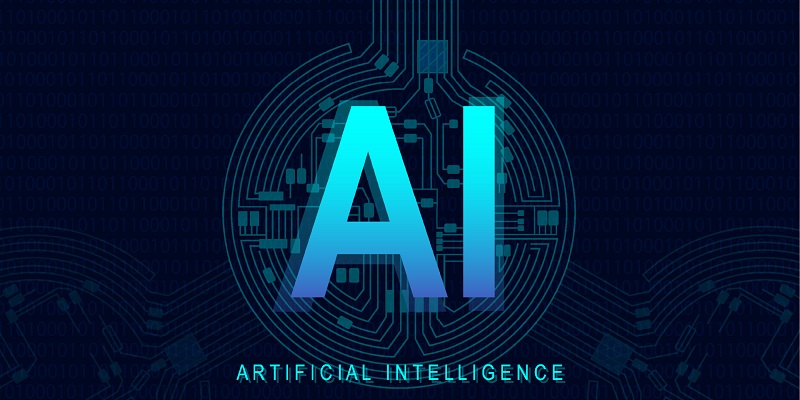In today’s fast-evolving digital landscape, AI-powered marketing automation has emerged as a catalyst, transforming conventional campaigns into dynamic, data-driven strategies. By leveraging the capacities of machine learning, marketers can now automate monotonous tasks, extract valuable insights from data, and deliver profoundly personalized campaigns. In this article, we will delve into the vast potential of AI in marketing automation and explore how it can revolutionize the way businesses connect with their customers.
Benefits of AI in Marketing Automation
1. Transformation of campaigns into data-driven strategies:
AI-powered marketing automation empowers businesses to make strategic decisions based on data-driven insights. It enables marketers to fine-tune their campaigns and messaging by analyzing vast amounts of customer data, accurately predicting trends, and understanding customer preferences.
2. Automation of monotonous tasks and extraction of valuable insights:
With AI, marketers can automate repetitive tasks that consume time and resources. AI algorithms can process large volumes of data, identify patterns, and provide valuable insights that guide strategic decision-making. This allows marketers to focus on more strategic initiatives and the creative aspects of their campaigns.
3. Delivering personalized experiences:
One of the principal advantages of AI in marketing automation lies in its ability to offer tailored experiences. By analyzing customer data, AI algorithms can create highly personalized and relevant content, recommendations, and offers. This level of customization enhances customer engagement, satisfaction, and ultimately conversions.
4. AI-powered predictive analytics for lead identification and optimization:
AI-powered predictive analytics stands as a game-changer in identifying top-quality leads and optimizing marketing efforts. By leveraging machine learning algorithms, marketers can identify patterns and signals that indicate potential customer readiness to make a purchase. This allows businesses to prioritize their efforts and focus on nurturing leads with the highest conversion potential.
5. Reshaping customer service through conversational marketing:
Conversational marketing, empowered by AI, is reshaping the landscape of customer service. AI chatbots and virtual assistants allow businesses to engage with customers in real time, providing instant support and personalized recommendations. This not only improves customer satisfaction but also reduces response times and ensures round-the-clock availability.
Streamlining marketing workflows with AI automation tools
Maximizing efficiency in marketing is essential for achieving success. AI automation tools have the power to streamline marketing workflows to a significant extent. They can automate routine tasks, such as lead nurturing, content scheduling, and email campaigns, freeing up valuable time for more strategic and creative initiatives.
Importance of adhering to exemplary practices
To successfully incorporate AI into marketing automation, it is crucial to adhere to exemplary practices. This involves staying updated with the latest AI technologies, ensuring data privacy and security, maintaining transparency, and regularly auditing and optimizing AI algorithms.
Selecting appropriate AI marketing automation tools and platforms
Conduct thorough research and choose AI marketing automation tools and platforms that align seamlessly with your needs. Consider factors such as scalability, ease of integration, analytics capabilities, and vendor reputation before making a decision.
Gathering and analyzing relevant data for AI algorithms
Ensure access to high-quality data that fuels your AI algorithms. This requires gathering data from various sources, ensuring data accuracy, and employing advanced analytics techniques to extract meaningful insights. Regularly analyzing and refining your data collection processes will enhance the effectiveness of AI-powered marketing automation.
The integration of AI into marketing automation yields numerous benefits, including elevated customization, augmented conversion rates, savings in time and resources, and insights driven by data. Marketers who embrace AI-powered automation can unlock unprecedented potential by creating personalized experiences, optimizing their campaigns, and engaging with customers in novel ways. By leveraging the power of AI, businesses can stay ahead of the competition, drive growth, and forge stronger and more profitable customer relationships.

